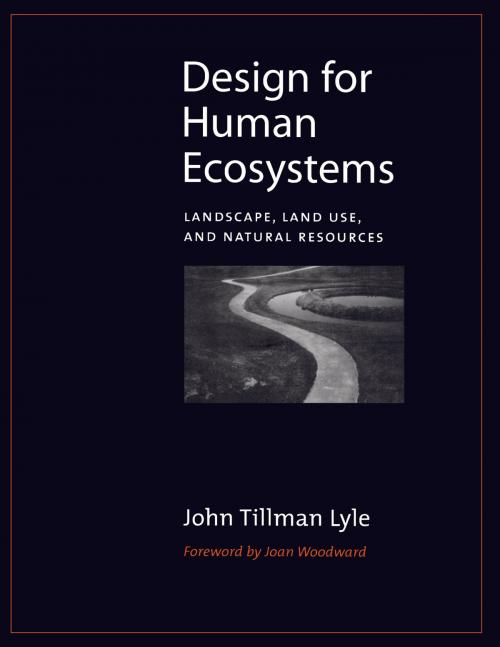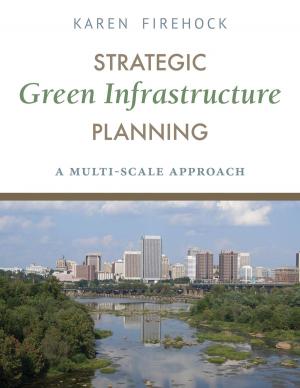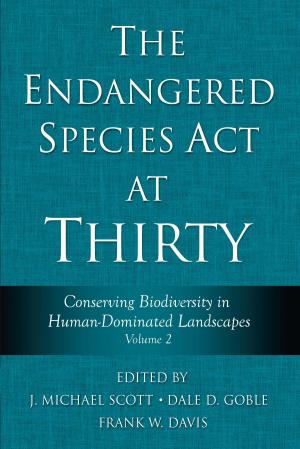Design for Human Ecosystems
Landscape, Land Use, and Natural Resources
Nonfiction, Science & Nature, Science, Biological Sciences, Ecology, Nature, Environment, Environmental Conservation & Protection| Author: | John Lyle | ISBN: | 9781610912600 |
| Publisher: | Island Press | Publication: | March 1, 1999 |
| Imprint: | Island Press | Language: | English |
| Author: | John Lyle |
| ISBN: | 9781610912600 |
| Publisher: | Island Press |
| Publication: | March 1, 1999 |
| Imprint: | Island Press |
| Language: | English |
For more than 30 years, John Tillman Lyle (1934-1998) was one of the leading thinkers in the field of ecological design. Design for Human Ecosystems, originally published in 1985, is his classic text that explores methods of designing landscapes that function in the sustainable ways of natural ecosystems. The book provides a framework for thinking about and understanding ecological design, along with a wealth of real-world examples that bring to life Lyle's key ideas. Lyle traces the historical growth of design approaches involving natural processes, and presents an introduction to the principles, methods, and techniques that can be used to shape landscape, land use, and natural resources in an ecologically sensitive and sustainable manner. Lyle argues that careful design of human ecosystems recognizes three fundamental concerns: scale (the relative size of the landscape and its connections with larger and smaller systems), the design process itself, and the underlying order that binds ecosystems together and makes them work. He discusses the importance of each of these concerns, and presents a workable approach to designing systems that effectively accounts for all of them. The theory presented is supported throughout by numerous case studies that illustrate its practical applications. This new edition features a foreword by Joan Woodward, noted landscape architecture professor and colleague of Lyle, that places the book in the context of currecological design thinking and discusses Lyle's contributions to the field. It will be a valuable resource for landscape architects, planners, students of ecological design, and anyone interested in creating landscapes that meet the needs of all an area's inhabitants -- human and nonhuman alike.
For more than 30 years, John Tillman Lyle (1934-1998) was one of the leading thinkers in the field of ecological design. Design for Human Ecosystems, originally published in 1985, is his classic text that explores methods of designing landscapes that function in the sustainable ways of natural ecosystems. The book provides a framework for thinking about and understanding ecological design, along with a wealth of real-world examples that bring to life Lyle's key ideas. Lyle traces the historical growth of design approaches involving natural processes, and presents an introduction to the principles, methods, and techniques that can be used to shape landscape, land use, and natural resources in an ecologically sensitive and sustainable manner. Lyle argues that careful design of human ecosystems recognizes three fundamental concerns: scale (the relative size of the landscape and its connections with larger and smaller systems), the design process itself, and the underlying order that binds ecosystems together and makes them work. He discusses the importance of each of these concerns, and presents a workable approach to designing systems that effectively accounts for all of them. The theory presented is supported throughout by numerous case studies that illustrate its practical applications. This new edition features a foreword by Joan Woodward, noted landscape architecture professor and colleague of Lyle, that places the book in the context of currecological design thinking and discusses Lyle's contributions to the field. It will be a valuable resource for landscape architects, planners, students of ecological design, and anyone interested in creating landscapes that meet the needs of all an area's inhabitants -- human and nonhuman alike.















